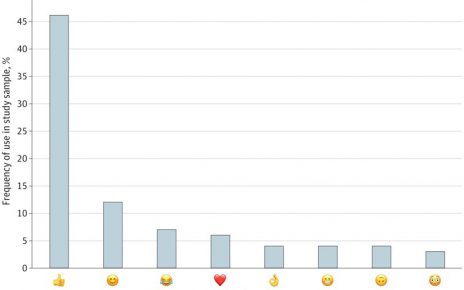The Ebola outbreak in 2014 highlighted just how easily deadly diseases can spread beyond a country's borders, to places thousands of miles away. But how prepared are countries worldwide to stop the next disease epidemic?
A new website aims to answer that question. The website, PreventEpidemics.org, provides information about how prepared a country is to fight epidemics; and provides tools for people to advocate to improve their country's preparedness.
"What this does, it tells you where the gaps [in preparedness] are and what needs to be done," Dr. Tom Frieden, chief executive of Resolve to Save Lives, the New York-based initiative that created the website, told the Washington Post. Frieden is the former director of the U.S. Centers for Disease Control and Prevention.
The website gives countries a score from 0 to 100 that indicates how prepared a country is to find, stop and prevent epidemics. The score is based on an assessment of epidemic preparedness developed by the World Health Organization. In order for a country to have a score, they need to undergo an evaluation, first by a group of domestic experts, and then by a group of international experts.
A score of 80 or higher indicates that a country is "better prepared" to prevent epidemics. So far, only nine countries worldwide — the United States, Australia, Belgium, Finland, Armenia, Oman, South Korea, Slovenia and the United Arab Emirates — have achieved this score, according to the Washington Post. The score means that these countries should be able to find and stop outbreaks quickly, if they occur. [10 Deadly Diseases That Hopped Across Species]
Lower scores indicate that a country is either "not ready" or has "work to do" in finding and preventing epidemics — for example, they may not have a system in place to track diseases and spot unusual health reports. In lower-scoring countries, "an outbreak today could cause numerous deaths and spread to neighboring countries and the world," the website says.
Some countries are labeled as "in progress" if the data from their evaluation is not available; and some are labeled as "unknown" if the country has not volunteered to have the assessment.
The website also has a "take action" button that suggests simple actions people can take to improve their countries epidemic preparedness, such as ways that people can advocate for their country to complete an assessment, or fill gaps identified in an assessment.
"It takes just 36 hours for an infectious disease to spread around the world. Any country that is not prepared to find, stop and prevent disease threats cannot protect its citizens, its neighbors and the global community," the website says.
Original article on Live Science.
Source: Read Full Article



